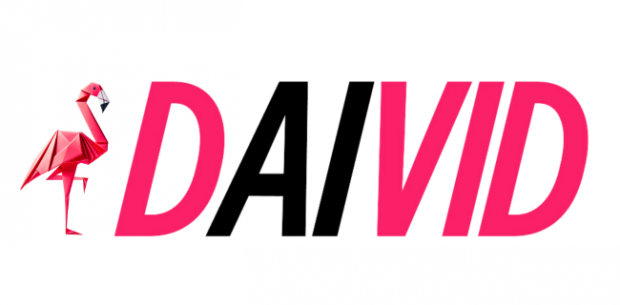TikTok Political Content More Confusing & Less Likely to be Trusted, According to New Research
by on 12th Jun 2024 in News

People are less likely to trust political content posted on TikTok and find it more confusing than other digital channels.That's according to new research from creative effectiveness platform DAIVID, which is analysing the effectiveness of the digital content posted by all the main parties during the UK General Election.
Online platforms, including YouTube, Meta, and TikTok, have emerged as a key battleground for the hearts and minds of voters across the UK in the run-up to polling day on July 4. It’s even been dubbed the ‘UK’s first TikTok election’ after many of the parties created accounts on the social platform just after the election was called.
However, research from London-based tech platform DAIVID has found that on average viewers were 20% less likely to trust the content being posted on TikTok than on YouTube and also found it 21% more confusing. On the flipside, they were 7% more likely to laugh at the content.
The company, who used its advanced content testing technology to measure people’s emotions as they watched the content posted across all the main parties’ digital channels during the election, also found that overall all of the main parties’ TikTok channels were more likely to generate negative emotions than positive ones.
Key findings from the research include:
- “Are You In Or Out?”, posted by the Lib Dems in response to the Tories’ National Service idea, is the video that has so far generated the most laughs online. The TikTok video made 28.4% of viewers laugh out loud, putting it ahead of the Tories’ ”We Think The Punchbag Won This One”
- While the Lib Dems took the prize for the funniest individual video, Labour’s TikTok channel is generating the most laughs overall. The average video, including "The Big Short: Rishi Sunak” and “Rishi Sunk”, made 18.5% of viewers laugh out loud, putting it ahead of the Conservatives (16.8%) and the Lib Dems (16.5%) in second and third respectively
- With each party using their TikTok channels to attack their political rivals, positive emotions generated by every single main party were all below the UK average. The Greens (48.6%) and the Conservatives (46.7%) are the closest parties to the norm (48.7%). On the flipside, intense negative emotions are all way above the average. Labour’s TikTok content generated more anger, contempt and disgust than any other party, while Reform’s TikTok content generated the most intense feelings of anxiety, fear and horror
For more findings, click here.
Ian Forrester, CEO and founder of DAIVID, said: “Our UK Election research shows how the use of negative emotions can really play a key role in driving people to action. Typically, we look at the use of positive emotions to drive memory and action for advertisers, but it’s slightly different with political ads, with parties such as the Labour and Reform parties using anger and frustration at the current government to motivate voters to act.
“Parties have to be careful, though, as they risk voters becoming disenchanted with the political system and feeling like their vote no longer matters. With TikTok voters being bombarded with fake AI content and misinformation, it becomes even more important that parties don’t just use the social platform to attack their rivals, but also look to inspire people, providing powerful, strong messages of positive change.”








Follow ExchangeWire